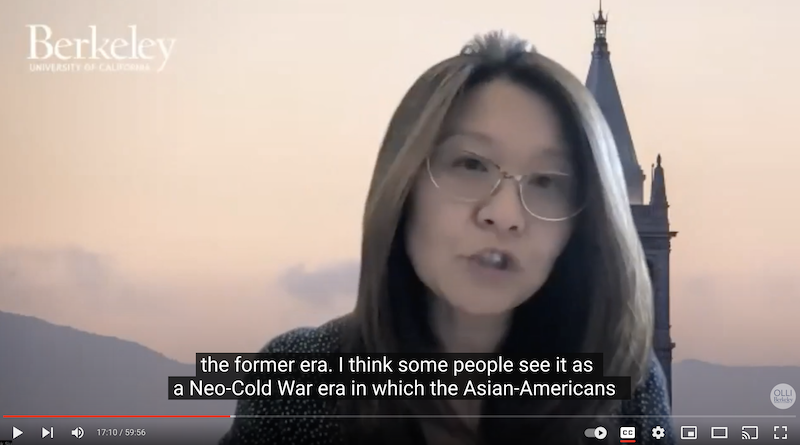
Ensuring Accessibility
OLLI @Berkeley is committed to ensuring that courses and events are equally accessible to people with disabilities.
If you require an accommodation for effective communication (ASL interpreting/CART captioning, alternative media formats, etc.) or information about mobility access features in order to fully participate in our courses and events, please let us know with as much advance notice as possible and at least 7-10 days in advance of the event.
Captioning
- All of our live online courses and events are captioned in real time using Zoom captioning technology.
- Captions of our public-facing events are carefully reviewed and enhanced to ensure maximum accuracy prior to being shared on our YouTube channel. If you require captioning of our class videos, please let us know, and we will make that available to you.
Hearing Accessibility in Physical Classrooms
With hearing loss so common, we strive to make our classrooms accessible to all members. All of our faculty are asked to wear microphones, and we encourage members to let faculty know if their speaking style presents difficulties.
In addition, most of our classrooms have assistive listening options such as hearing loop systems, which transmit sound directly from a microphone into the telecoil (t-coil) in a hearing aid, bridging the distance between speaker and listener.
- Freight and Salvage:
- Hearing loop system in designated areas of the auditorium
- Assistive listening devices available upon request
- Golden Bear Center:
- Hearing loop system in Room 365
- Walkman-style handheld receiver/headphones available upon request
- Lafayette Library and Learning Center:
- Assistive listening devices are available upon request
Physical Accessibility
All of our physical venues comply with the American for Disabilities (ADA) guidelines for public access.